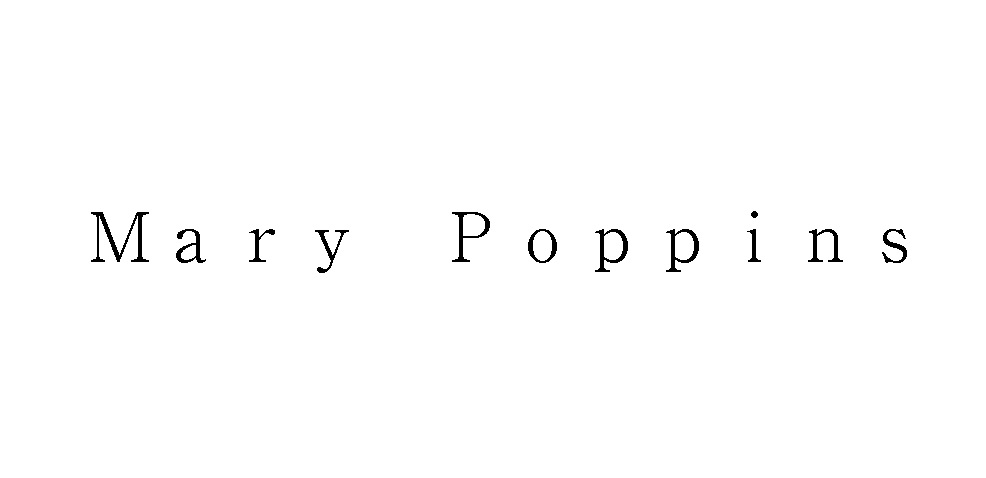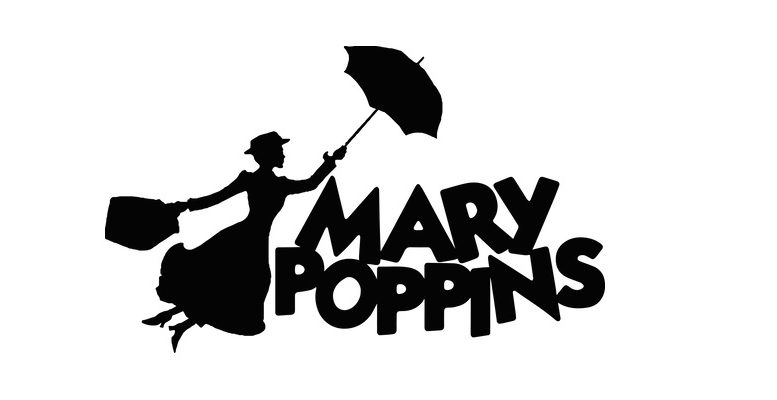The Japan Patent Office (JPO) dismissed an invalidation petition by Disney Enterprises, Inc. against Japanese TM Reg no. 5710595 for the wordmark “Mary Poppins” by finding that “Mary Poppins” has not been well known as a source indicator of Disney.[Invalidation case no. 2019-890040, Gazette issued date: June 25, 2021]
TM Registration no. 5710595
Disputed mark, consisting of the word “Mary Poppins” in standard character (see below), was applied for registration on February 28, 2014, in respect of caring for babies [excluding services provided at facilities]; babysitting in class 45.

Without confronting refusal during the substantive examination, the disputed mark was registered on October 17, 2014.
The applicant of the disputed mark, Mary Poppins Inc., has apparently offered babysitting services in Kobe, Japan since its establishment in 1988.

Petition for invalidation by Disney
Japan Trademark Law has a provision to retroactively invalidate trademark registration for certain restricted reasons specified under Article 46 (1), provided that the interested party files an invalidation petition within a five-year statute of limitations.
Disney filed a petition for invalidation against the disputed mark on July 18, 2019, three months before the lapse of the limitations period, and argued the mark unquestionably freerides on the world-famous Walt Disney film “Mary Poppins” and thus relevant consumers would associate the disputed mark with Disney when used on the services in question. If so, it shall be invalid in contravention of Article 4(1)(vii), (xv), and (xix) of the Japan Trademark Law.
Article 4(1)(vii) of the Trademark Law prohibits any mark likely to cause damage to public order or morality from registration.
Article 4(1)(xv) provides that a mark shall not be registered where it is likely to cause confusion with other business entities ’ well-known goods or services, to the benefit of brand owners and users.
Article 4(1)(xix) prohibits registering a trademark that is identical with, or similar to, another entity’s famous mark, if such trademark is aimed for unfair purposes, e.g. gaining unfair profits, or causing damage to the entity.
Mary Poppins, an American musical film, released in 1964, features the now-iconic screen debut of Julie Andrews. A children’s classic, Mary Poppins is considered to be among the finest of Walt Disney’s productions based on the original books by P.L Travers.

JPO Decision
The JPO Invalidation Board admitted a certain degree of reputation and popularity of “Mary Poppins” as the title of the beloved Walt Disney film and the name of the main character of the film.
In the meantime, the Board questioned if “Mary Poppins” has played a distinctive role in indicating a source of Disney’s goods or services. A mere fact that goods featuring the Walt Disney films and its characters are merchandised at the Tokyo Disney Resort and Disney Shops in Japan is insufficient to prove Disney has used “Mary Poppins” as a source indicator to identify their business, the Board found.
In so far as “Mary Poppins” has not been recognized as a source indicator, but a title of the world-famous Walt Disney film or the main character of the film, it is unlikely that relevant consumers would consider the disputed mark “Mary Poppins” used on the services in question coming from Disney or entities systematically or economically connected with the opponent.
The Board also referred to the precedent court cases that ruled invalidation of the trademark “Anne of Green Gables” and “Tarzan” in contravention of Article 4(1)(vii). Contrary to these films, the Board could find no authorized activity to protect or preserve the film or original books of “Mary Poppins” as cultural heritage and prohibit unlicensed use by the private sector. If so, it is inadequate to treat the case equally with them. The Board held that the disputed mark shall not be likely to cause damage to public order or morality.
Based on the foregoing, the JPO decided the disputed mark shall remain valid and dismissed the invalidation entirely.

Masaki MIKAMI, Attorney at IP LAW – Founder of MARKS IP LAW FIRM

